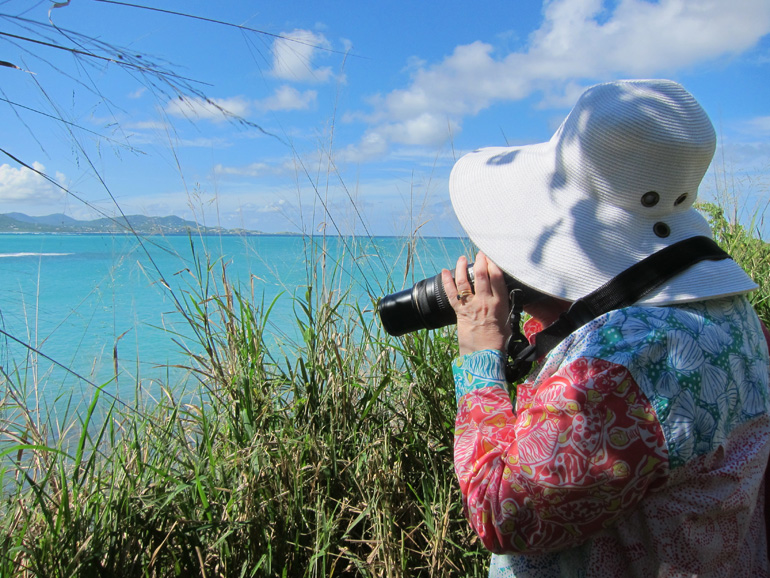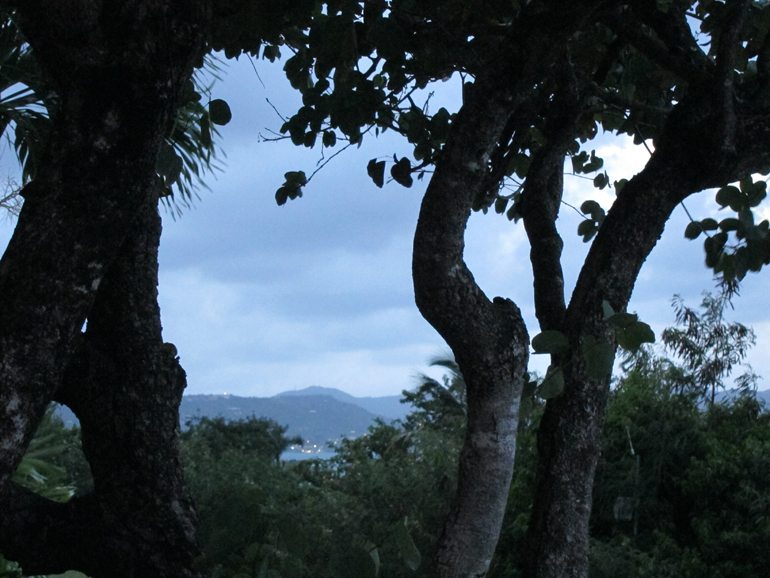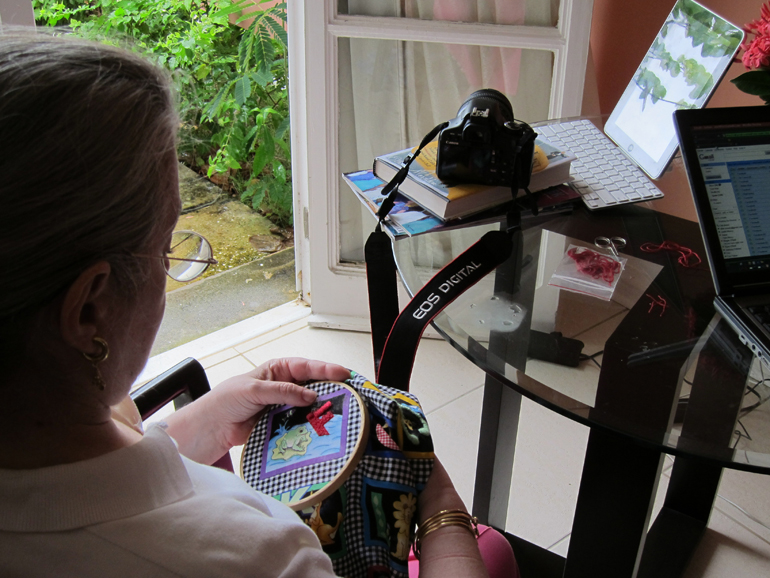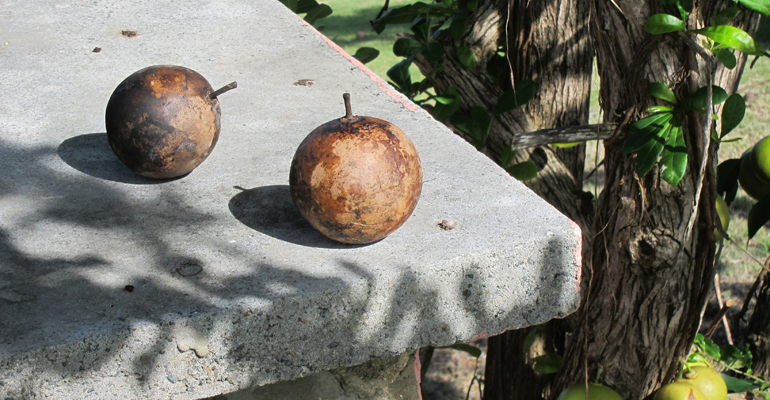Gotham Diary:
Extremes
25 November 2011
Friday, November 25th, 2011
What was I thinking, bringing Madame Bovary on vacation? When I finished Part II, yesterday afternoon, I felt a chill that I haven’t yet been able to shake off. (I had forgotten all about Hippolyte’s club foot, and never before seen through the pharmacist Homais’s diabolical proposal that Charles attempt a “cure.”) I’m finding it impossible to laugh at Emma Bovary, for all her faults — impossible to keep her at a comic distance. The absence of any “good” characters is what reders the limitations of Flaubert’s figures so queasily all-too-human.
It is possible that the ebook experience is making Dangerous Ambition seem to be a worse book than it really is, and I’d rather not talk about it. All I can think of is bluestockings on fainting couches, wondering if “he’s the one” or if “life can go on,” or just “taffeta draperies!” The literary achievements of Rebecca West and Dorothy Thompson are cursorily name-checked, explored only for evidence of states of mind customarily found in Harlequin romances. It’s hard to know which of Susan Hertog’s subjects would have hated the book more; then again, I’m not sure that either of them would have disapproved. Other times, other attitudes toward purple.
When the weather finally turned warmer, Rebecca carried her typewriter onto the broad balcony overlooking the communal garden. Moving in accord with the rhythms of nature, inspired by the push of slender shoots through the thawing soil, she worked like a demon to complete her work.
If you ask me, it’s a book written for Emma Bovary.
***
At the other end of the scale, there’s this — just let your eyes run over it, without trying to make any sense of it.
The centrality of judgment to aesthetic experience remains controversial. For Kant, Clement Greenberg, and others, it seems like there can be no such thing as an aesthetic experience without judgment, while Nietzsche and others suggest the contrary. I think the former camp is ultimately right on this, which is why I treat aesthetic categories as both discursive evaluations (“cute†as something we say, a very particular way of communicating a very particular kind of pleasure) and as objective styles (cuteness as a commodity aesthetic, as a sensuous/formal quality of objects), and try to pay close attention to the relation between them. At the same time, I don’t agree that aesthetic experience/judgment is necessarily synonymous with conviction. Or reverence, or idealization.
That’s Stanford English Professor Sianne Ngai, talking about “cute,” “zany,” and “interesting” — three “non-cathartic feelings that index situations of suspended agency.” The link at Brainiac looked promising, so I clicked through, only to land in a thicket of Theory. I have long since regarded the relationship between Kant and a certain type of intellectual disposition as analogous to that between alcohol and Native Americans; reading Ngai, I wonder if Theory isn’t the intellectual equivalent of a sexual preference, inexplicable (and possibly disgusting) to anyone otherwise orientated. At the same time, it’s a fashion for wordplay that comes and goes; in the middle ages, there was Scholasticism, a similarly ludic enterprise. When I was a child, I was entranced by the glamour of systems. (One of these days, I’ve got to see what I can recall of the Bureaucracy of Me — that’s what I’d call it now — that I spent hours devising as a teenager, in lieu of undergoing a normal puberty.) Then I realized that systems are attractive to people who have nothing left to learn. At the risk of sounding ad hominem, I remind you that Kant died insane, Nietzsche was crackers long before he died, and Greenberg was a thug. These guys are going to tell me something about the pleasure of beauty? What could anyone who never left the fine old town of Königsberg know about beauty? Only what he made up in his own head, is what. Thanks, but no thanks.
If you really want to learn something about what people mean when they call something cute, then devise a cognitive test or two. Or drag in a scanner and see what fMRI has to say. Do those parts of the brain that light up when presented with sadistic urges also fire, as Ngai suggests they will, at the sound of “cute”? Let’s not diddle in our armchairs about power and agency; let’s have a look, or at any rate the best look that we can have at the moment. Ngai’s system assumes as a matter of course that everyone is capable of making the same discursive evaluation expressive of a very particular kind of pleasure, an assumption that, to me, is utter nonsense.
(Notwithstanding my Google Reader, by the way, the Globe appears to have dumped the “Brainiac” moniker, which is a shame.)




















